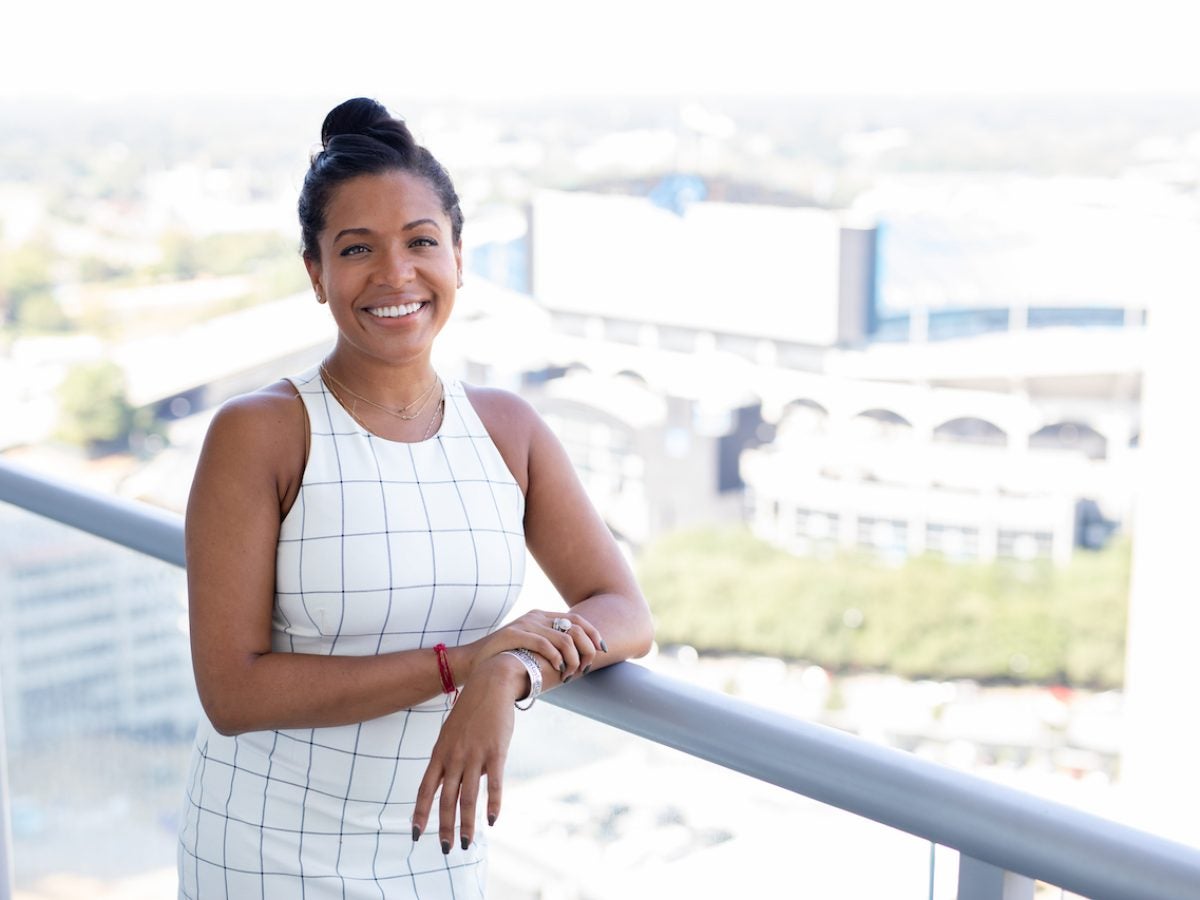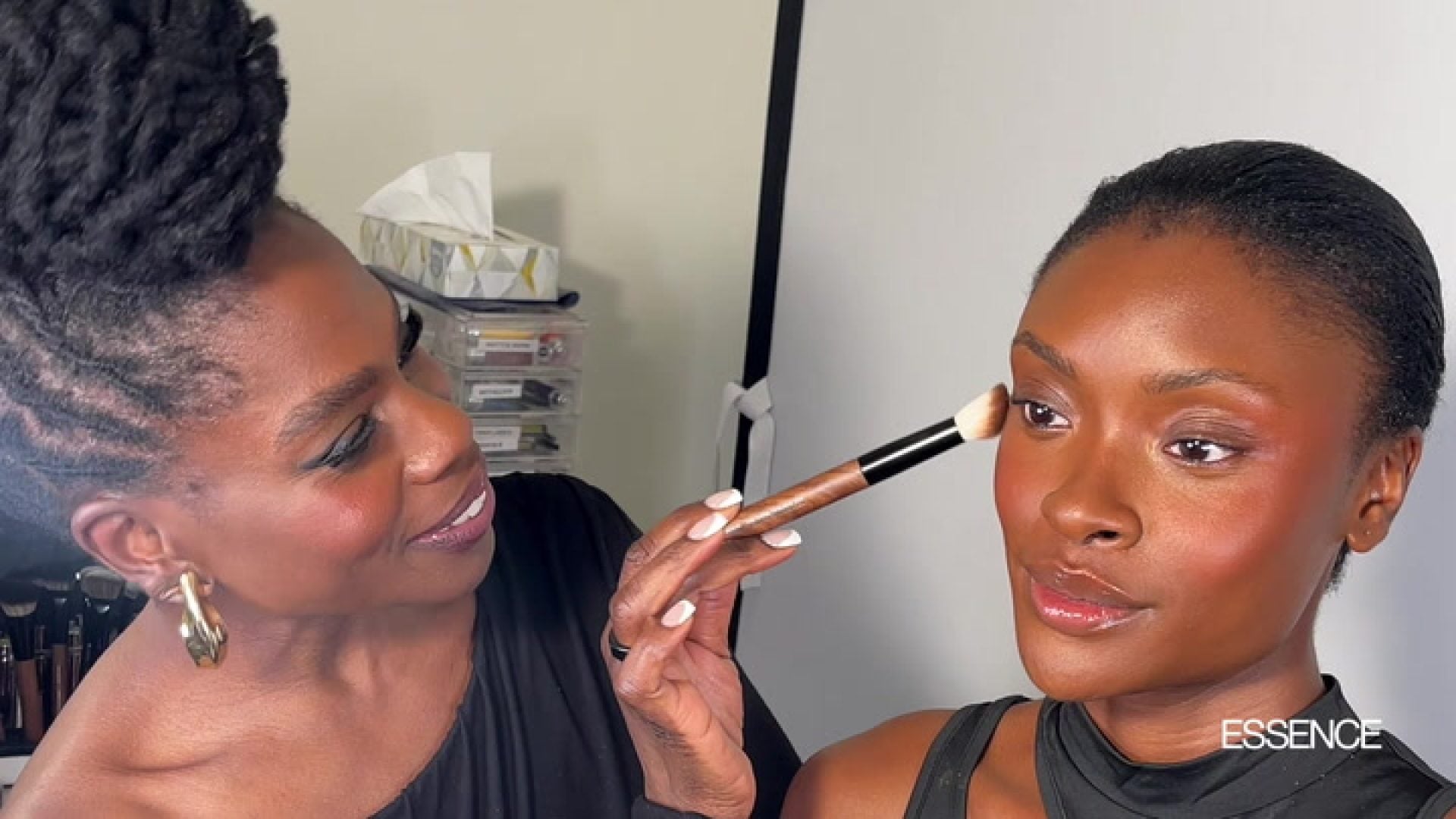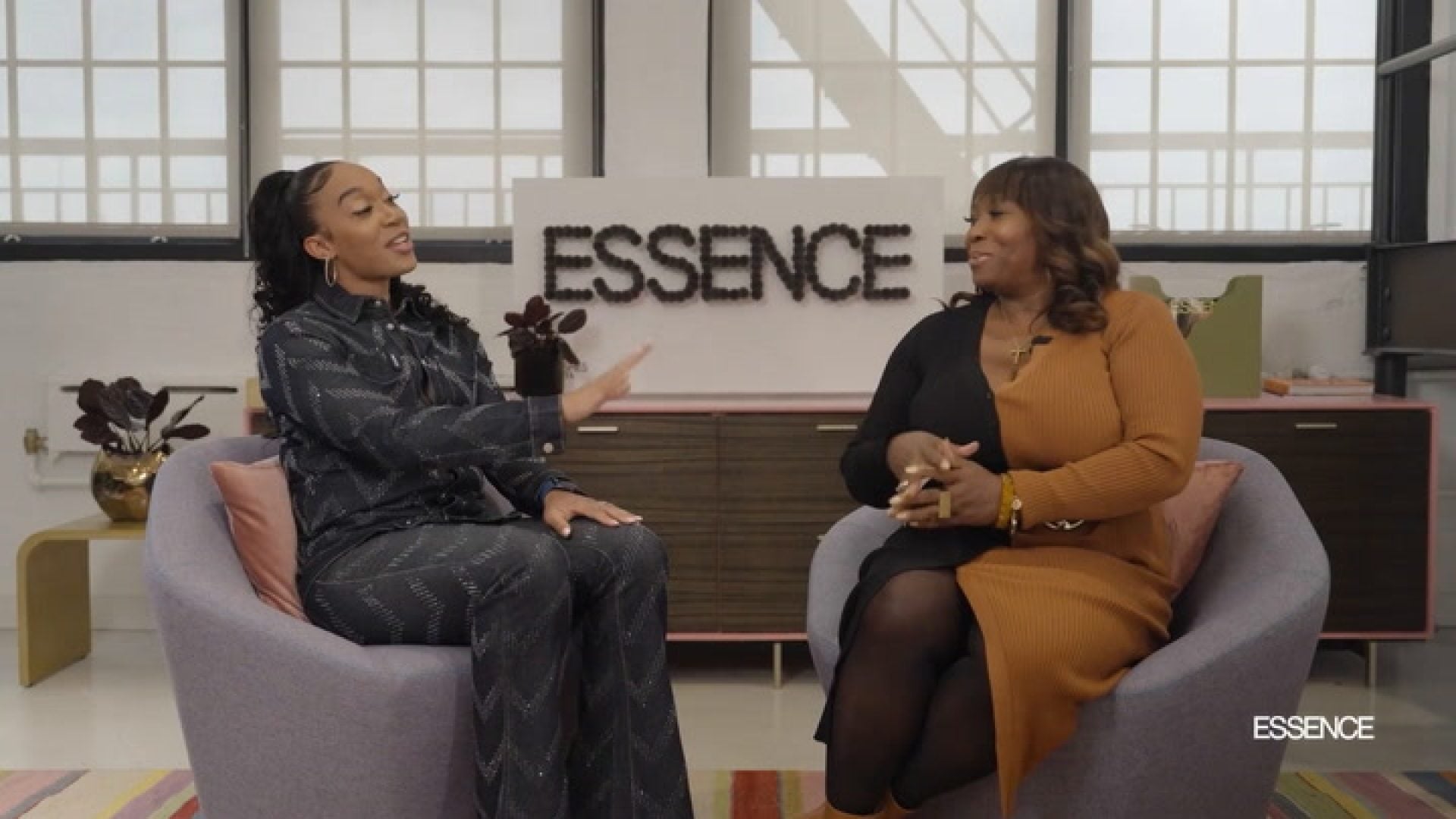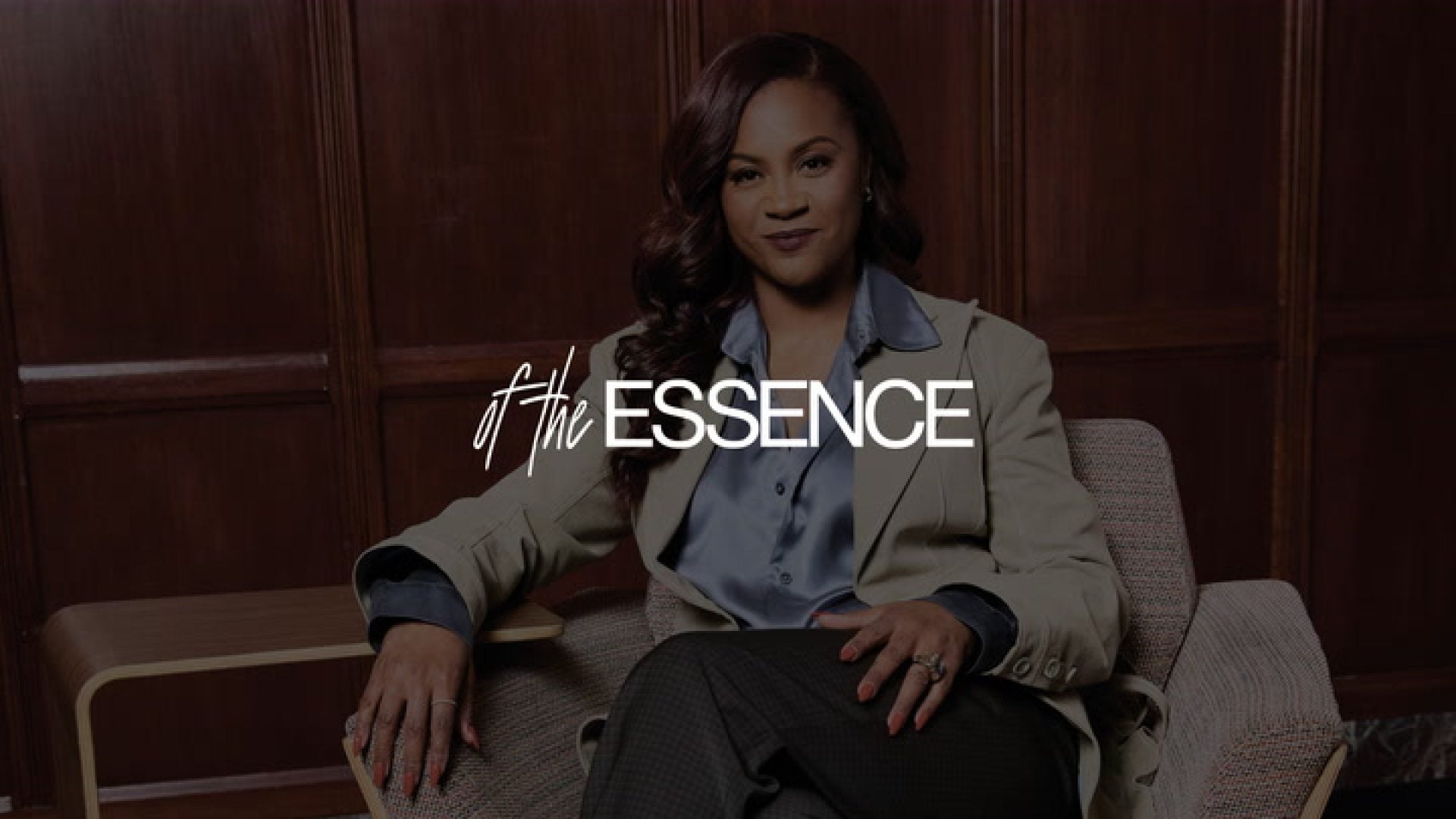
Companies from all over the country declared that “Black Lives Matter” in 2020. Nearly a year and a half later, some of the loudest voices that chanted the declaration have since quieted.
Last year, US companies said they would commit $50 billion toward racial equity following George Floyd’s killing, according to a study by Creative Investment Research. Since then, a little over $250 million has actually been spent or committed to a specific initiative, according to a report by the consulting firm.
The $50 billion was supposed to be donated to civil rights organizations, put into Black communities, and dedicated to transforming discriminatory recruiting practices, reports the Financial Times. They still have the rest of 2021 to meet those pledges, but many Black people have felt that the momentum and urgency from last year have died down.
Suzen Baraka and Morgan Means could feel it too.
After connecting with about 28 other professionals of color that wanted to help move the needle forward on racial equity, Baraka and Means co-founded Seed At The Table in 2021, a new mission-driven capital raising equity crowdfunding platform committed to connecting diverse entrepreneurs with accredited and non-accredited investors to obtain equity in early-stage BIPOC led companies through modest investment amounts. Through Seed, individuals can seamlessly discover and invest in BIPOC owned disruptor companies that align with their values, helping to close the pervasive racial funding gap.
Seed not only wanted to further the racial justice catalytic moment that started last year, but the platform aims to make it easier to support the Black businesses disproportionately affected by the pandemic.
Data shows that Black-owned businesses often need more support in general.
White-owned businesses receive more investment capital than those owned by Black people, which substantially affects their long-term success. According to a report from the National Bureau of Economic Research, ~41%+ of Black-owned businesses in the US are going under in the wake of COVID-19.
Baraka and Means recently sat down with Essence to discuss the mission of Seed At The Table and how anyone (yes, anyone) can invest in Black-owned businesses today.
Can you walk me through what made you want to launch Seed at the Table?
Baraka: In the United States, 17% of Black women are in the process of starting or running new businesses, compared to just 10% of white women, and 15% of white men. However, BIPOC-owned companies have the least access to capital, and when they go out for funding, they are either denied, or receive less than what they need. As women of color who have spent years working in finance and tech (respectively), we, along with the rest of our team, feel compelled to do what we can to make a way where historically there hasn’t been one.
We created Seed At The Table to normalize and redefine “Friends and Family” rounds for diverse founders by allowing them to raise from a more accessible capital pool (classmates, coworkers, non-wealthy family, etc.). This is done instead of bootstrapping and/or prematurely running to a VC without the ability to operate negatively and/or in absence of revenue. This given that they don’t have a viable safety net of capital to allow them time to right-size their business in downtimes.
Means: Collectively as a group of 30+, we decided we all had a larger desire to ‘pass the torch’. In other words, how can we provide access and capital to groups that are primarily left out of the conversation or ‘the table’? How can we help people who look like us gain knowledge around financing, equity, or scaling a business (to name a few)? The creation of the JOBS act allowed us to creatively come up with a solution to all of those problems.
Why was it important to build the platform around non-accredited investors?
Baraka: We’ve been fortunate to make introductions and connect a number of founders with capital, but resources are quickly becoming exhausted as the same wealthy Angels that are committed to supporting diverse entrepreneurs are over-tapped. Given the creation of the platform, we now have a team of 30+ “Family Members” who are successful executives and entrepreneurs with exits that are committed to serving as advisors to the founders.
In the same way that our team is composed of subject-matter experts who come from marginalized communities, we also want to provide investment thresholds (as low as $100) that are accessible for non-accredited investors that would otherwise be barred from participating in investing.
Means: And because Seed At The Table is composed of general partners that come from the community they serve, we have a sense of empathy, understanding and patience that other equity crowdfunding platforms may not because we are tied to the community.
Have you found there’s been a significant uptick in interest since last year?
Means: Yes! We’ve raised almost $300,000 across our first 5 campaigns, in our first 6 months of full operations.
Baraka: Definitely. The business was founded before COVID-19, but we didn’t get up and operational until 2021. In order to do business as an equity crowdfunding platform, we were required to seek approval from Finra, and that process was time, labor and resource-intensive for us. We are incredibly appreciative of the rigorous examination process required in order to receive our license. And we hope to be good stewards of capital. We’ve seen a growing interest from entrepreneurs, as well as those in our circles looking to learn more about investing.
Means: The rise of the Robinhood app and people being home for extended periods of time has increased the general appetite for financial literacy. Part of our mission is to educate our audience around financial areas that may be more complex.
Are there any success stories you’d like to call out?
Baraka: Yes! We’ve raised almost $300,000 across our first 5 campaigns, in our first 6 months of full operations. We currently have a women-owned independent publishing company, a group of fathers providing healthy meal services, an NFT based token solution, a sneaker trading app, and an app that uses influencer marketing to give back and reward local communities. We are so proud that we were able to get all of these campaigns up, and assist these founders with getting their businesses institutional ready.
Why is it important for Black women to get involved in investing?
Means: As women of color, we know that it can be intimidating to start investing, or to choose to expand your business and raise capital. Many times we ourselves have relied on our network to educate us, but we know that not everyone has access to that. We want black women to be afforded the same opportunities as our male counterparts, and it’s important that we understand the intricacies of investing and finance. Women of color are often the breadwinners in the household, and/or make a majority of the important financial decisions. If we want to move the community forward, it is integral that we empower women of color to feel as though they can move beyond their comfort zone. In general people of color have lagged behind in terms of wealth-building activities. Historically black women make up a large percentage of entrepreneurs but we face a 90% wealth gap.
Baraka: Black Americans are much less likely to own high-return assets than white individuals, including homes, stocks, and especially their own businesses. It’s so important that we become financially literate, and understand how to build generational, long-term wealth.
Anything else you’d like to share with Essence readers?
Means: Financial literacy is the first step to building a more secure financial future. Seed At The Table is committed to helping diverse entrepreneurs access capital, as well as providing non-accredited investors with opportunities to obtain equity in early-stage BIPOC-led companies through modest investment amounts.
Baraka: Seed’s general partners are not only business leaders with impressive backgrounds ranging from Banking, Big Law, Tech, Marketing and Entrepreneurship, but we are also people of color from all different backgrounds who are committed to bridging the funding gap. We are here to serve and empower our community.













